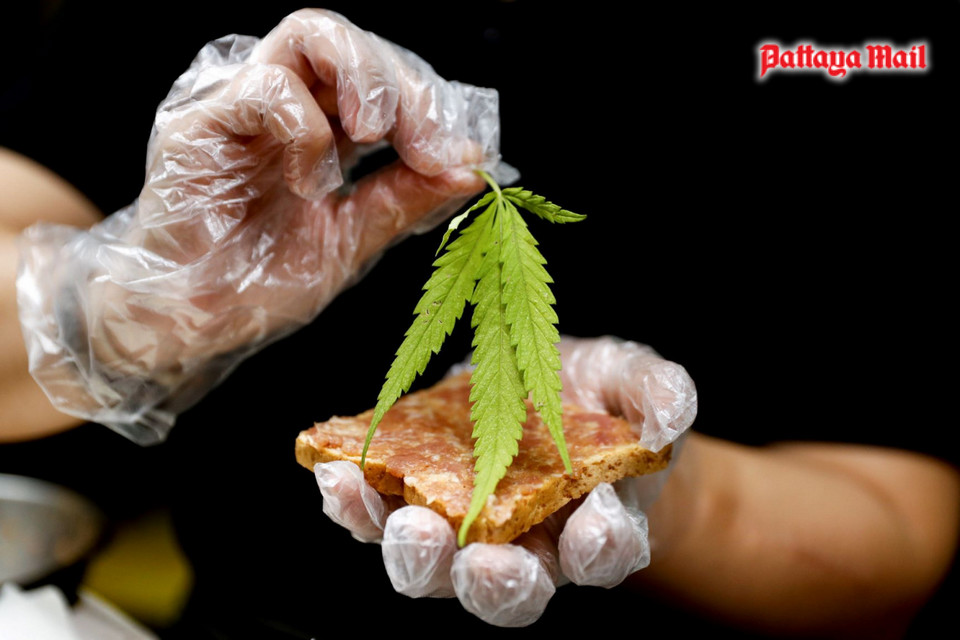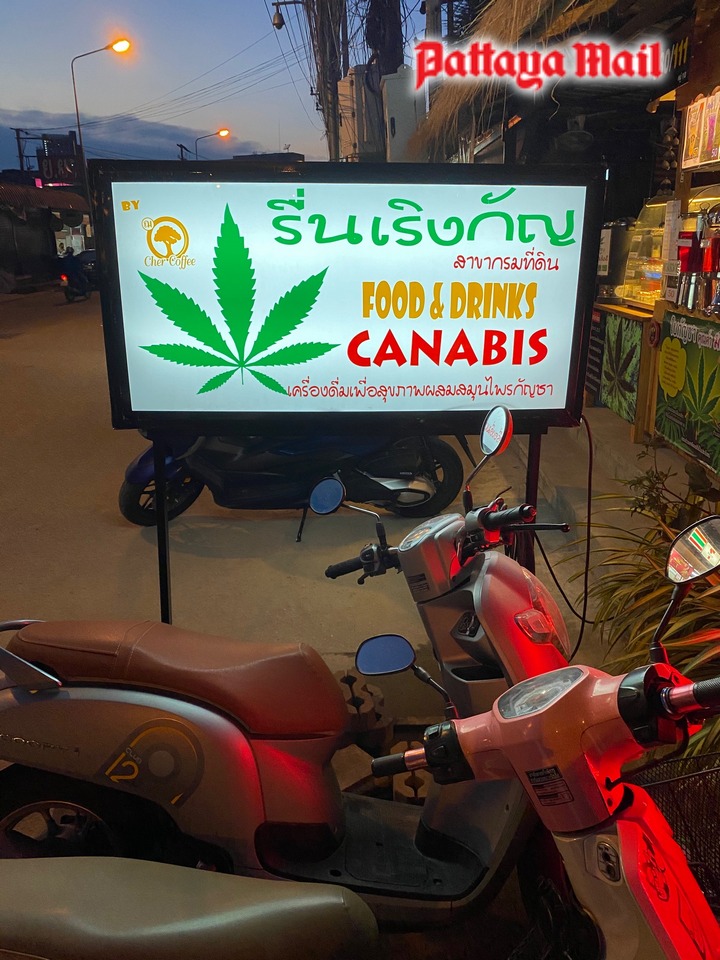
Although cannabis use and smoking pot remains illegal in Thailand for leisure purposes, both the Thai government and foreign-based companies believe that recent changes in the law could dramatically promote medical and marijuana tourism once the coronavirus pandemic subsides. Tourism and Sports Minister Pipat Ratchakitprakan said Thailand had a head start in capitalizing on a growing trend internationally.
Cannabis became illegal in Thailand in 1934 under mostly American pressure, but was partially decriminalized in 2019, specifically for medical purposes and the alleviation of pain. In late 2020, roots, stems and leaves with most of the inebriating components removed were authorized for use in cooking.

Health minister Anutin Charnvirakul summed up the current position. “Those Thai households with government permission can grow limited amounts of cannabis to supplement their income and sell to public hospitals and state facilities, or use the substance to make food and cosmetic products.” He emphasized that government health agencies were the licensing agents responsible for all applications.
Several properly licensed Pattaya-based restaurants have already opened with giggling bread, happy pork soup and joyfully dancing salad on the menu. Not to mention herbal drinks with a mild kick. Proponents say that such dishes are tastier and good for health because all but 0.2 percent of the psychoactive parts of the plant are removed under government instructions. Trying out cannabis-related food could prove a big attraction to future international visitors.
But the mega-cash lies in encouraging medical and wellness tourism. Travel packages of the future would likely include combining medical cannabis with massage. Cannabis oil, tablets or drops are also authorized for alleviation of pain in 38 diseases including cancer, multiple sclerosis, epilepsy, depression and a multitude of bone and muscle problems. Thai embassies abroad are already permitted to issue 90 day medical tourism visas for visitors who “cannot be treated in their own country.”

Already foreign companies are praising Thailand’s cannabis liberalization. International agencies such as Pugnatorius Ltd., Cannabis Catalysts and Nice Global Law predict that the cannabis market by 2024 will be worth 21 billion baht. They look forward to the day when Thailand will be a key exporter of the drug to Asean partners and to the whole world. They are very keen indeed to be part of the action.
But the Thai government is wary of foreign involvement and currently restricts top-end business activity to state or higher education institutions or qualified agricultural personnel. Foreigners might just be able to form a trading company, but the majority of the shareholders must be Thai nationals. The Food and Drugs Administration has said that Thailand is still working on complex details. For example, the United Nations currently penalizes countries which deal in cannabis, Canada being a recent example.
Travel gurus are also speculating when smoking cannabis for leisure in Thailand might become lawful too. But Thanisorn Boonsong, of Eastern Spectrum, says that neither smoking pot nor legal casinos are anywhere on the immediate horizon. “The government has taken the important step of legalizing ganja for certain purposes and under strong central supervision. It is the first country in Asia to do so and now is the time to take stock.”





